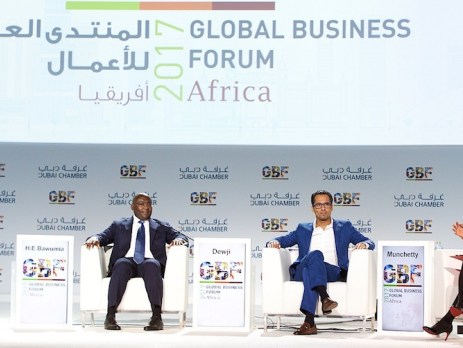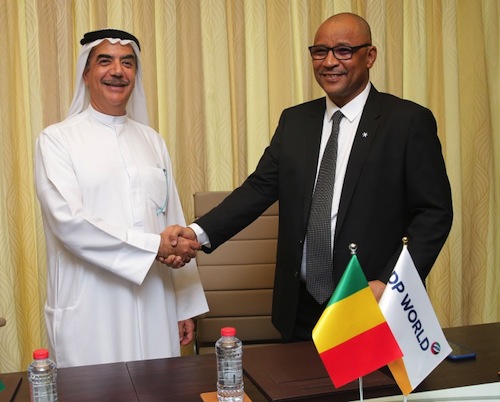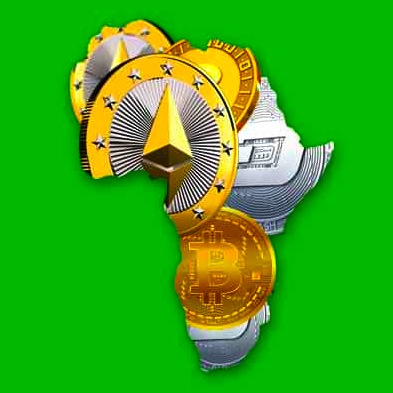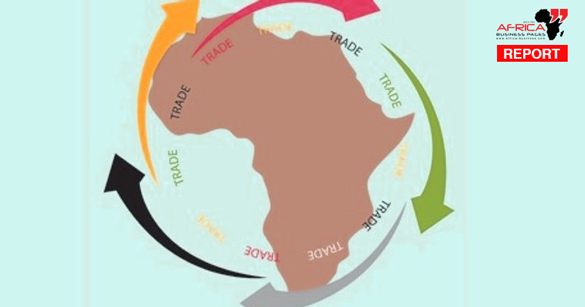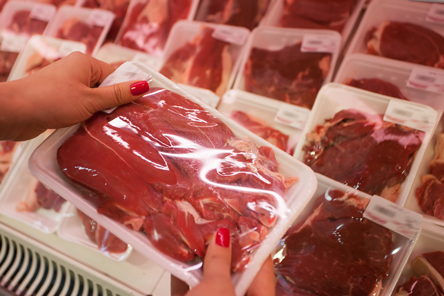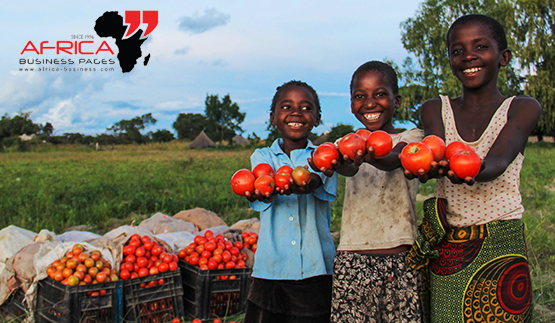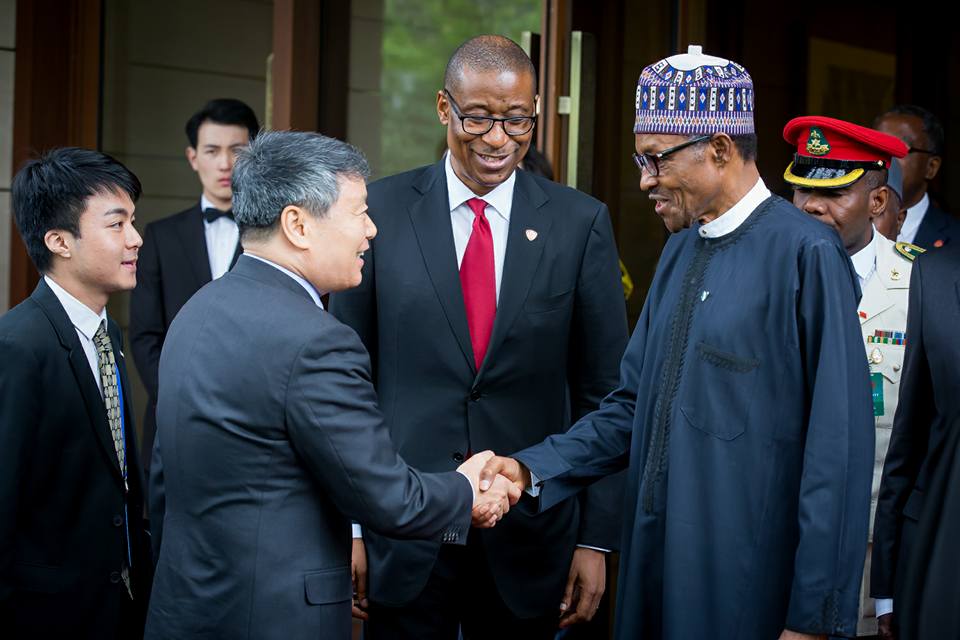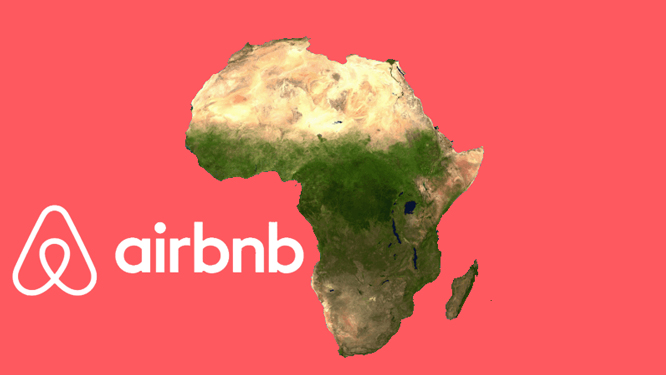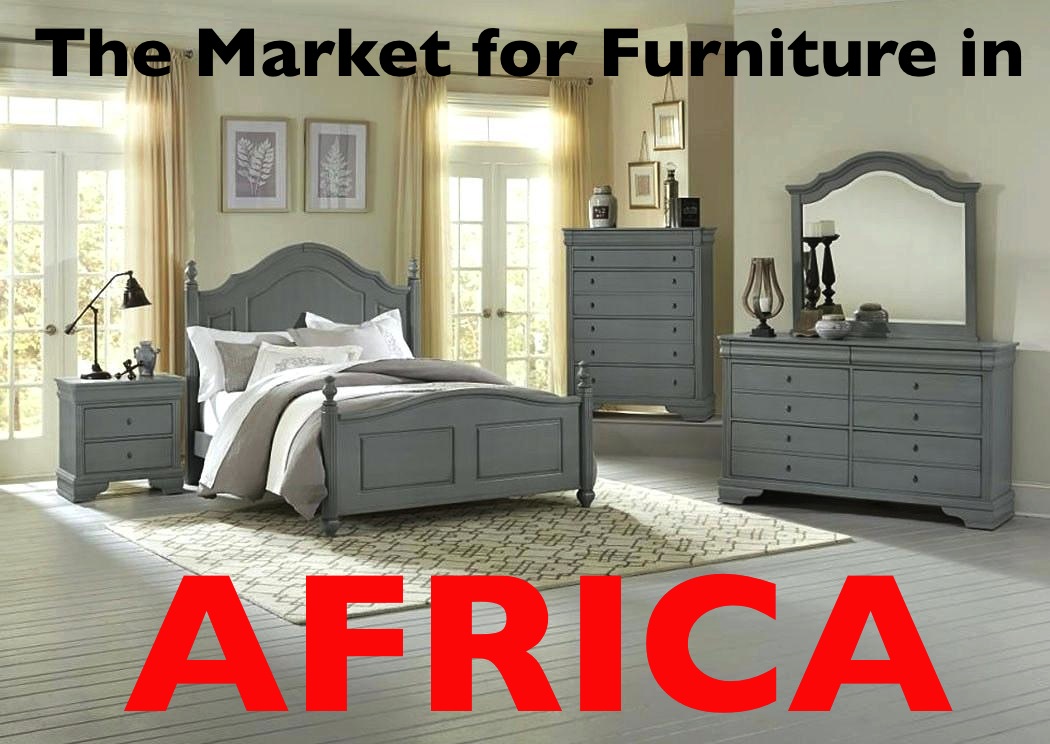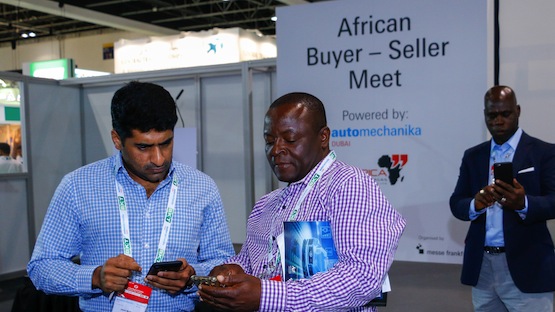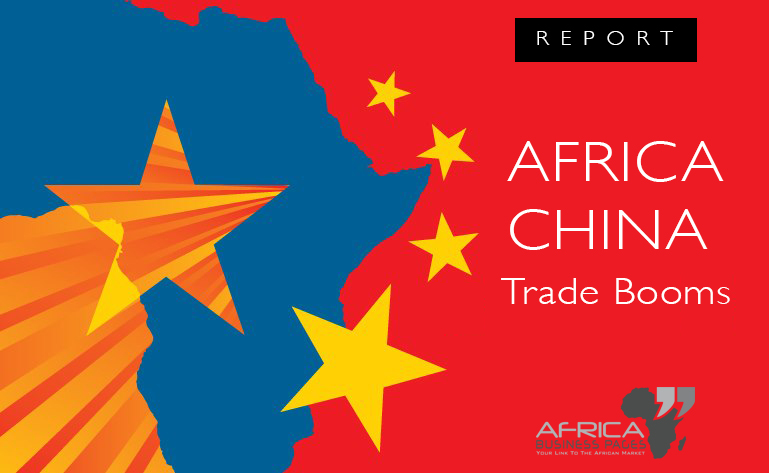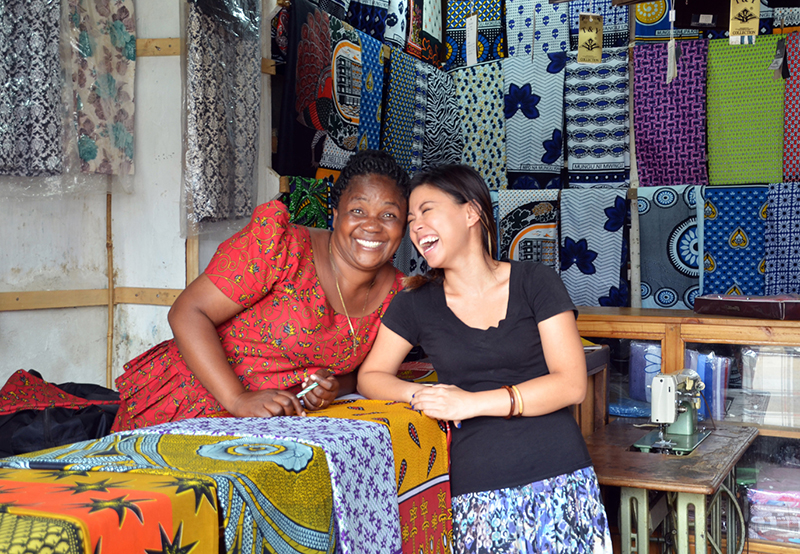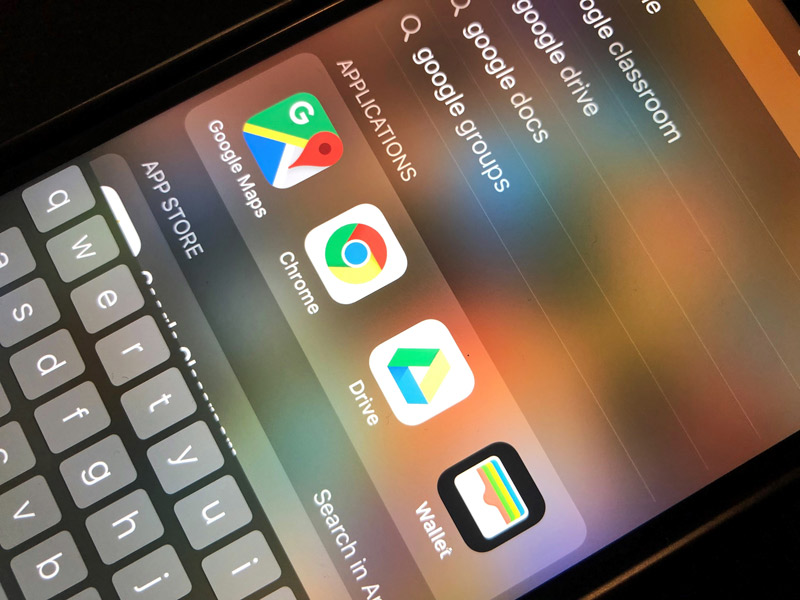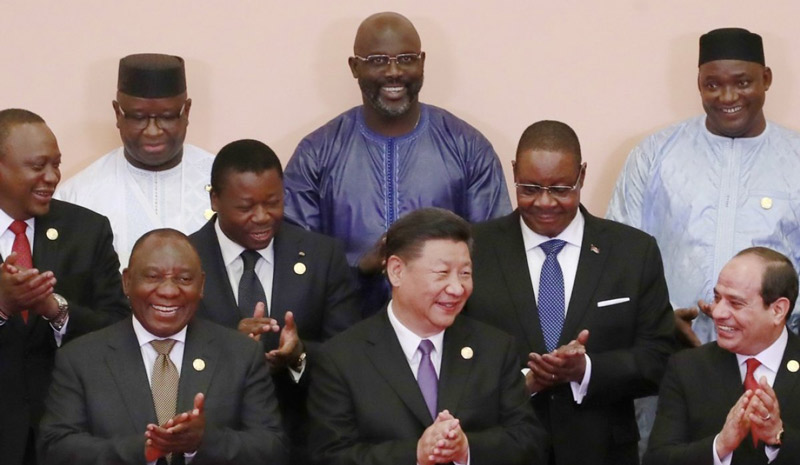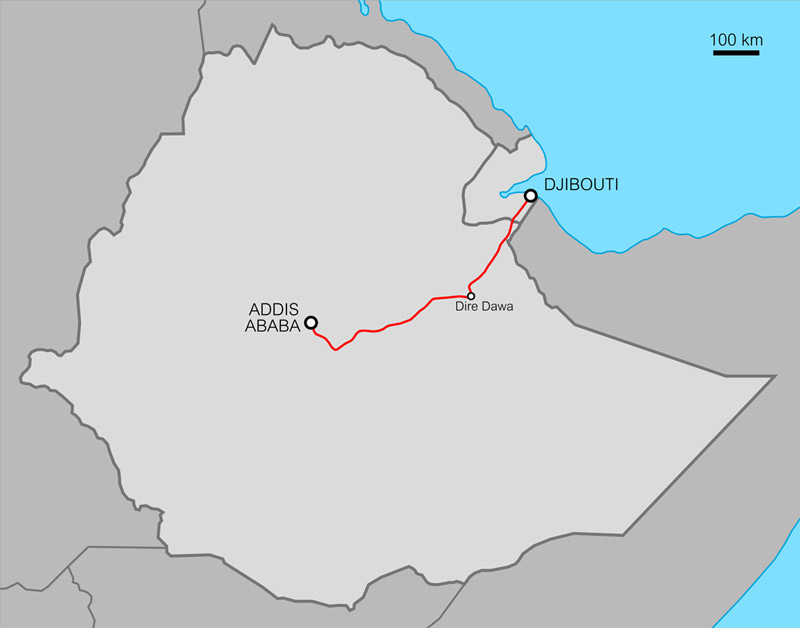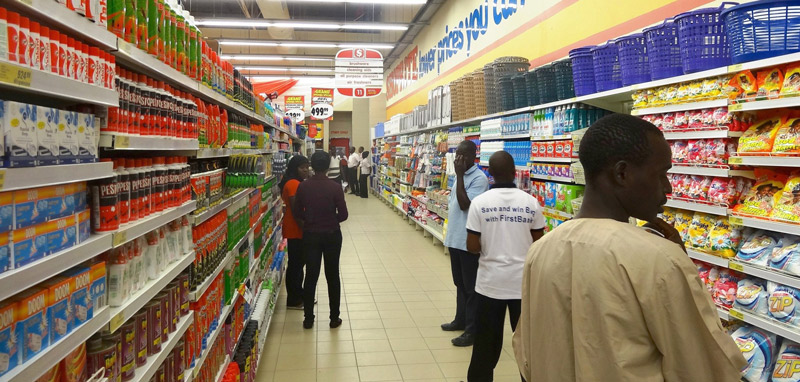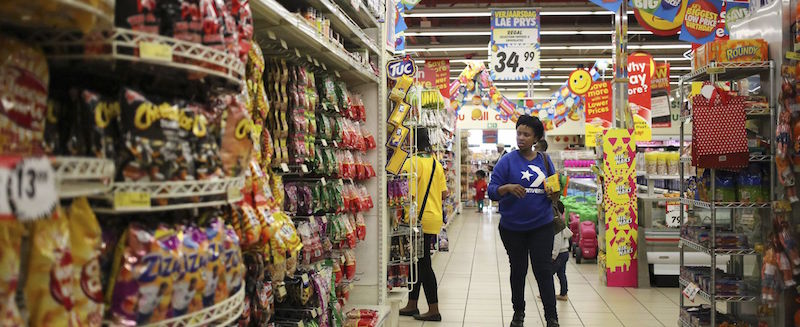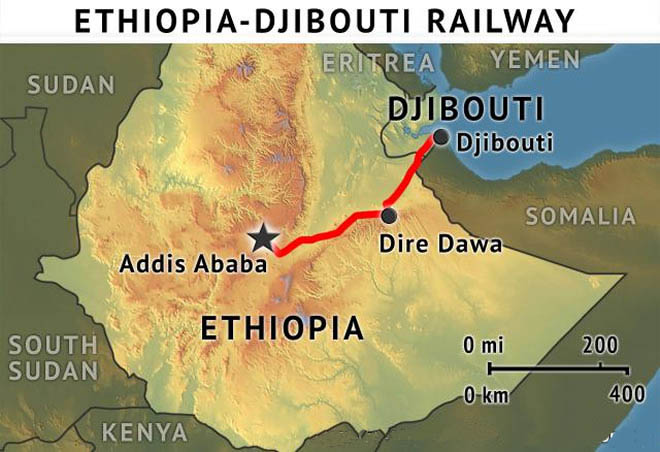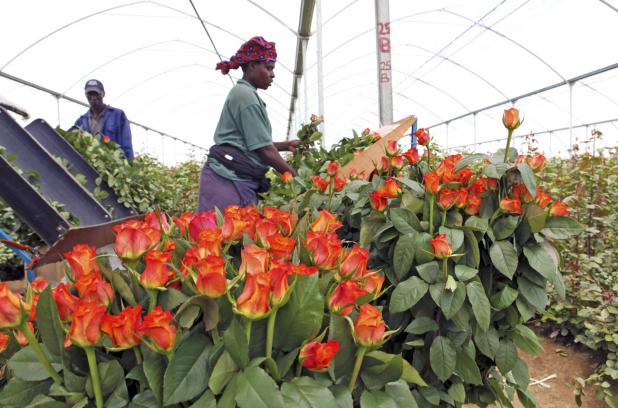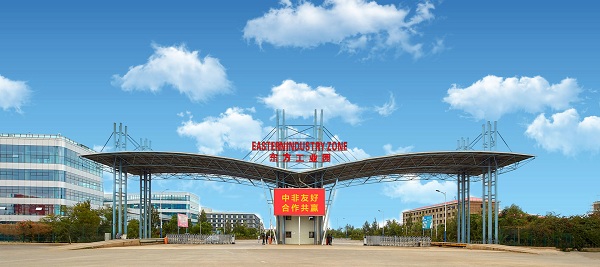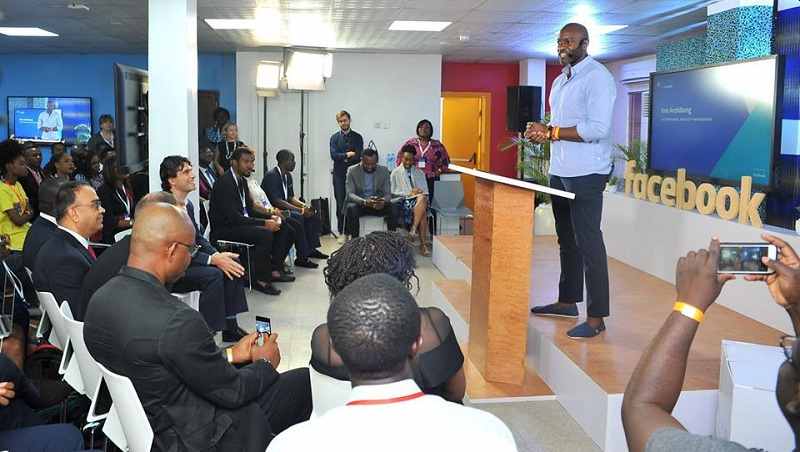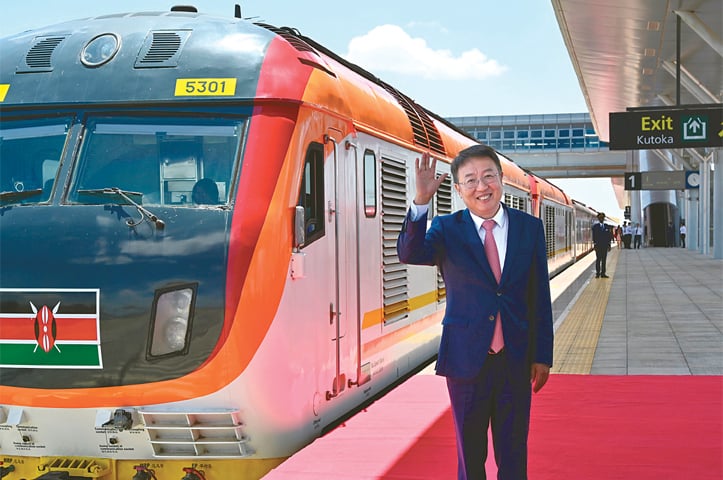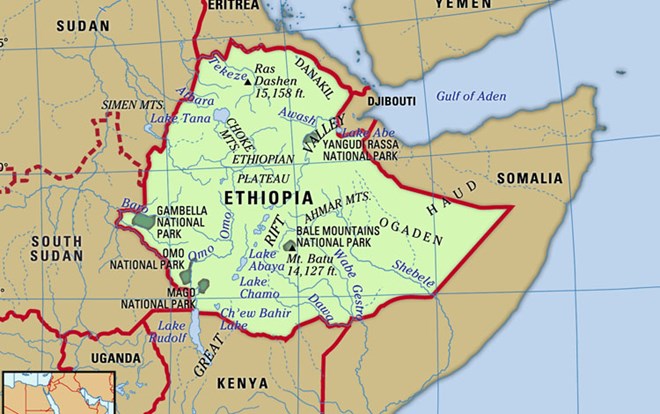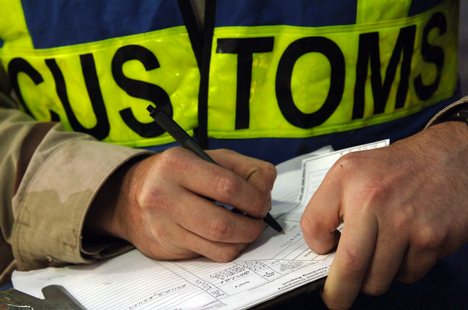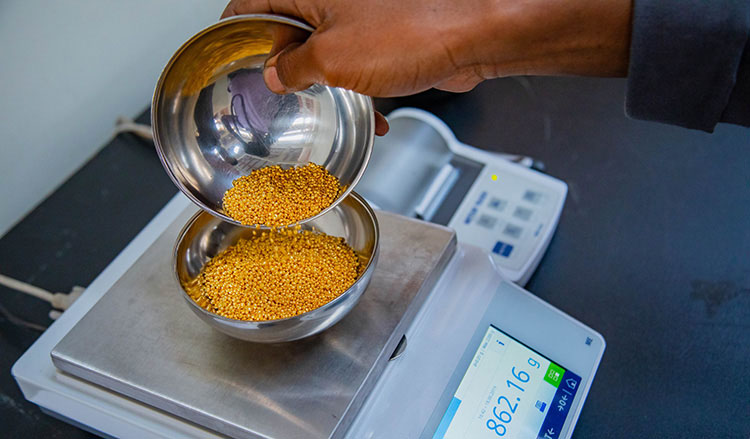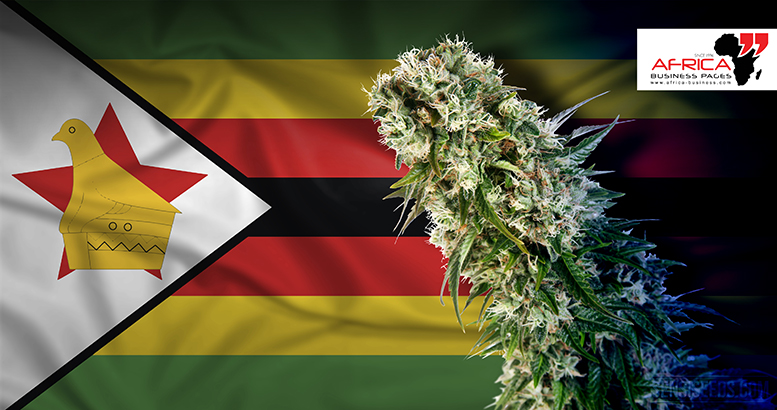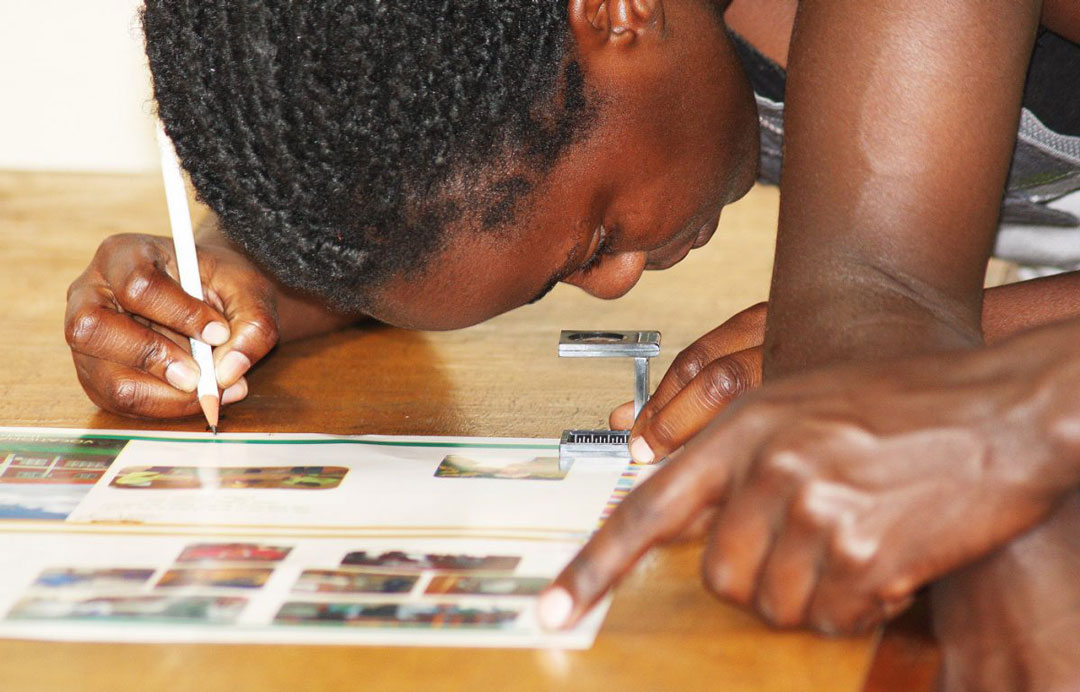Africa & The Internet
While Internet penetration in Africa is growing steadily, the gap between urban-connected people and the digitally disenfranchised rural population is a growing cause for concern. The issue dominated proceedings at the recent AfricaCom, the continent’s largest B2B high-tech expo, which was recently held in South Africa.
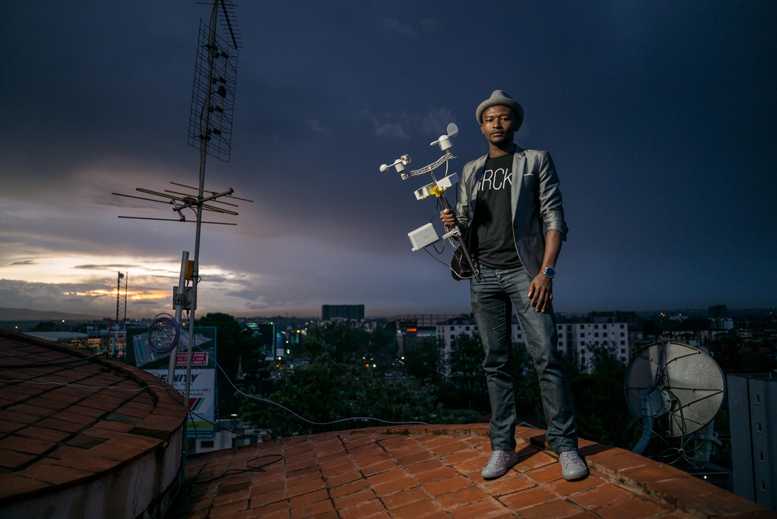
Conference participants believed that mobile technology wasn’t necessarily the solution to the particular challenges facing Africa. “The economics are different in Africa – there are lower population densities and higher operating costs for mobile networks,” said Frank McCosker, the General Manager of Microsoft’s 4Afrika Initiative.
With only 20 per cent of its population able to access the Internet, Africa remains the least digitally connected continent, and will remain so until certain cost issues are addressed. “A more economically viable strategy is needed to connect those areas where there is no Internet access,” said Mr McCosker. “To this end, the 4Afrika Initiative has created a new operating model that would provide affordable access to smart devices for Africans and free access to web services for African SMEs through financing partnerships and smart sourcing.”
While the potential gains from a digitally integrated Africa were widely acknowledged, so too were the barriers that need to be overcome. “Africa’s lack of a comprehensive information and communication technology (ICT) infrastructure is the major problem and there is a continuing failure at the policy level to address this,” said Miriam Altman, a Commissioner with the South African National Planning Commission.
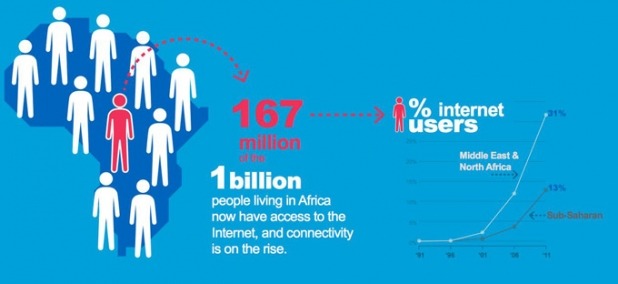
Despite the challenges, it was also clear that some progress was being made on several fronts. For instance, there has been considerable growth in the number of tech start-ups and innovation hubs in several African countries, including Nigeria, Kenya and South Africa. Many of these firms are reportedly developing home-grown solutions that could meet the daily needs of African consumers and businesses.
“Digital transformation in Africa is a fact and it is ongoing, with the encouraging trends in terms of accelerated mobile subscription rates clearly testifying to this,” said Jean-Claude Geha, President of the sub-Saharan Africa region for Swedish telecoms giant Ericson, noting that Nigeria led the charge, followed closely by Ethiopia and South Africa.
“Overall, there are three principal drivers of this growth. Firstly, there is the growing demand for smartphones, which is being met by more affordable handsets. Secondly, the typical African user profile – largely young and urban – is boosting mobile broadband uptake. Thirdly, the Internet of Things (IoT) is seen as likely to play a key role in resolving Africa’s socio-economic problems.”
The Internet of Things
IoT is expected to play a crucial role in the continent’s emerging connected economy. “We believe the next explosion in Africa’s digital economy will reflect the impact of IoT,” said Babak Fouladi, Chief Technology Innovation Officer for MTN, a Johannesburg-headquartered mobile-communications company.
According to recent reports, South Africa and Nigeria have the highest number of connected devices in the region, while IoT is also starting to make a real impact in East Africa. In the next 5 years, the total number of IoT connections is expected to grow by about 38 per cent a year.
Several major cities in South Africa, Kenya, Ghana, as well as in several other countries across the region, have successfully adopted a technology-driven approach to help reduce water loss through leak detection in the supply infrastructure. Similarly, they have also incorporated systems that enhance efficiencies in public-transport systems and public-sector services, while looking to conserve energy through the introduction of smart electricity meters.
Other areas where IoT services are said to be coming into their own include localised solar-electricity generation, the construction of intelligent residential complexes, healthcare, predictive agriculture and several safety applications within the mining sector. There is also a sound business case for facilitating IoT connections across cellular networks in sub-Saharan Africa, which suffers from an acute deficit in fixed-line infrastructure.
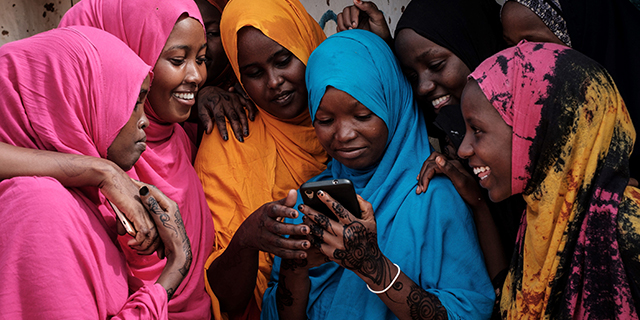
Digital Entertainment
African consumers have embraced digital entertainment in recent years, driven largely by streamlined access to mobile content – particularly video-on-demand (VoD), most notably in Nigeria and South Africa, two of the continent’s most sophisticated markets.
As has been the case elsewhere in the world, Internet-based video content has truly taken off in Africa, competing with broadcast TV for consumer attention and spend. As part of its global rollout, Netflix’s launch in South Africa has also played a part in stimulating the VoD industry across the continent. Looking to head off the competition, Naspers, the South African media business – which has a 34 per cent share in the Shenzhen-based Internet giant Tencent – launched Showmax, its own VoD service, in 2015.
In large part, the growing popularity of digital entertainment among African consumers can be attributed to better network coverage and the wider availability of affordable smartphones. According to PwC Southern Africa, there is also a clear correlation between the disproportionate size of the under-35 population across the continent and the uptake of digital entertainment services. Similarly, Africa’s digital-music market has also enjoyed strong growth, with the sector dominated largely by local artists.
Overall, African consumers increasingly want to create their own viewing/listening mix when it comes to digital entertainment. Indeed, this appetite for design and curating a bespoke media diet is now one of the industry’s defining trends.




